The life of Mr. Tran Huu Duyet - the first Chairman of the Provincial People's Committee in Ha Tinh spanned two regimes, experienced many ups and downs, endured many hardships and difficulties, but his revolutionary will, patriotism, and love for the people were still full.
Comrade Tran Huu Duyet - The first Chairman of the Provincial People's Committee in Ha Tinh. Photo: Archive
Comrade Tran Huu Duyet was born on October 2, 1906 in Nhuong Ban village, a small fishing village located next to Ky La estuary. The land was fertile, the population grew more and more, and by the 19th century it became Nhuong Ban commune, Lac Xuyen commune, Ky La district (now Cam Nhuong commune, Cam Xuyen).
The spirit of the homeland and the cultural traditions of the Nhuong Ban land have shaped Tran Huu Duyet's character. His father was a Confucian scholar. When he was young, he was sent to Hue to study at Co-le School (high school). While in the third grade, Tran Huu Duyet participated in revolutionary organizations in Hue. In 1927, he officially became a member of the Tan Viet Party. At the end of 1929, he was assigned to go to Da Lat to organize the establishment of the Tan Viet Party cell of the Ngu Trang inter-province (including the provinces: Khanh Hoa, Ninh Thuan, Binh Thuan, Dak Lak, Lam Dong), belonging to the Southern Ky Bo.
The Tan Viet Party cell of Ngu Trang inter-province, of which he was the Secretary, quickly mobilized workers and built revolutionary bases at the Lamp Factory, Ba Lat Hotel, and Hoa Sa. In early 1930, when the Tan Viet Party organizations were dissolved to establish the Indochinese Communist Federation and then joined the Indochinese Communist Party, Mr. Tran Huu Duyet became a member of the Indochinese Communist Party. During this time, he was transferred to serve as Secretary of the Khanh Hoa Provincial Party Committee and continued to direct the Da Lat Communist Party cell.
Also during this time, in his homeland, the Nghe Tinh Soviet movement developed strongly, especially from May 1, 1930. The French colonialists and the Southern feudalists carried out an extremely fierce white terror, and the movement was drowned in a sea of blood. The terror of the French colonialists and the Southern feudalists did not stop in Nghe An and Ha Tinh but spread everywhere. Comrade Tran Huu Duyet was arrested in Nha Trang and sentenced to life imprisonment. He was exiled to Kon Tum prison, then transferred to Lao Bao prison (Quang Tri). Those were the days when Tran Huu Duyet suffered countless brutal tortures from the enemy, but his revolutionary will won.
In 1936, he was released from prison and returned to Ha Tinh under the supervision of the local colonial and feudal authorities of the Southern Dynasty. In 1941, Tran Huu Duyet contacted the Central Committee of the Central Region and joined the Viet Minh Nghe Tinh.
On May 20, 1945, with the help of the Central Party Committee, the Inter-provincial Viet Minh Front Mobilization Committee of Nghe An and Ha Tinh was established. Implementing the Central Committee's directive, the Inter-provincial Viet Minh Front Mobilization Committee met and decided on many active measures to urgently prepare to lead the masses to seize power when the opportunity came, and at the same time decided to convene the Inter-provincial Viet Minh Congress of Nghe - Tinh.
Comrade Tran Huu Duyet (3rd from right) and President Fidel Castro during a visit and work in Cuba. Photo: Archive.
In Ha Tinh, according to the decision of the Inter-provincial Viet Minh Congress, it was divided into two regions: the Northern Ha Tinh sub-region (also called Bac Ha) including the districts of Nghi Xuan, Duc Tho, Huong Son, Huong Khe, directly led by the Inter-provincial Viet Minh Committee and the Southern Ha Tinh sub-region (also called Nam Ha) including Can Loc, Thach Ha, Ha Tinh town, Cam Xuyen, Ky Anh, led by the Nam Ha Viet Minh.
On August 13, 1945, the conference of Viet Minh Nam Ha cadres met at Mr. Nguyen Xuan Buong's house in Cam Nhuong (Cam Xuyen), discussed the uprising plan and established the Uprising Committee. On August 15, 1945, the Ha Tinh Provincial Uprising Committee was established, including comrades Le Loc, Pham The, Tran Huu Duyet, with comrade Le Loc as Chairman.
That afternoon, upon receiving news of Japan's surrender to the Allies, the Uprising Committee issued an uprising order. Along with the uprising order was a call to the people: "Unite under the red flag with the yellow star of the Viet Minh, rise up to overthrow the traitorous Vietnamese government, establish a revolutionary people's government, and prepare forces to deal with the reactionaries" (1) .
After the uprising order was issued, the district uprising committees were established and quickly agreed on an uprising plan to seize power. Rallies, demonstrations, and armed marches attracted tens of thousands of participants everywhere. No one in every region of the province slept, they were excited and bustling. Enemy officials and lackeys were confused, civil servants in the enemy apparatus quit their jobs or voluntarily joined the Viet Minh. The colonial and feudal government apparatus was paralyzed.
Under the leadership of Viet Minh, in a short period of time from August 16 to 21, 1945, the revolutionary government, the People's government, was established. On August 18, 1945, thousands of people solemnly rallied at the Ha Tinh town stadium, welcoming the birth of the Provisional Revolutionary People's Government of Ha Tinh province. Absolutely loyal to the revolutionary ideal, enthusiastic, intelligent in work, closely attached to the mass movement, Mr. Tran Huu Duyet was the first Chairman of the young government - the People's government (until August 24, 1945, the provisional revolutionary government was changed to the Revolutionary People's Committee of Ha Tinh province). Thanks to the above qualities, after the election on February 17, 1946, the Provincial People's Council elected the Provincial Administrative Committee and he was elected Chairman again. He was also one of the 7 deputies to the 1st National Assembly elected in Ha Tinh.
At the end of 1949, he left Ha Tinh to become Secretary and Chairman of the Administrative Resistance Committee of Thanh Hoa Province. Then he became a member of the Inter-Zone IV Party Committee, in charge of the Binh Tri Thien Front. In 1954, he was the Director of the Department of Industry and Trade of Inter-Zone IV. Later, he became Chief of the Office of the Ministry of Foreign Trade, Head of the Government's Religious Affairs Committee, Member of the Central Committee of the Presidium and General Secretary of the Vietnam Fatherland Front. He was a delegate to the National Assembly of the Democratic Republic of Vietnam, terms I and II. With his important contributions to the revolutionary cause of the nation, he was awarded the First Class Resistance Medal, the First Class Anti-American Medal, the First Class Independence Medal, and the 50-year Party membership badge.
On November 29, 1986, he entered eternal life at the age of 80. His life spanned two regimes, experienced many vicissitudes, and endured many hardships and difficulties, but his revolutionary will, patriotism, and love for the people remained throughout his life.
A heroic act of kindness and generosity
Protect the people and preserve virtue for the country
(Meaning: Doing righteous deeds shows great spirit, regardless of the final result)
Save the people and keep the virtue, show it to the country) (2) .
The spirit of the homeland and the character of the Nhuong Ban people have shaped the character of Tran Huu Duyet.
(The article uses materials in History of Ha Tinh Party Committee - National Political Publishing House, 1993; History of Ha Tinh - National Political Publishing House, 2001; Ancient Village of Ha Tinh - Department of Culture, Sports and Tourism and Culture and Sports Association, Publishing House, 2006 and provided by Mr. Tran Huu Nhuan).
(1). Excerpt from History of Ha Tinh Party Committee - National Political Publishing House, 1997, page 142.
(2). Parallel sentences in the temple of Mr. Van Hien in Nhuong Ban village - translated by Thai Kim Dinh - Retrieved from Ha Tinh Ancient Village, Department of Culture, Sports and Tourism and Literature and Arts Association, Publishing House, 2006, page 119.
Germany
Source


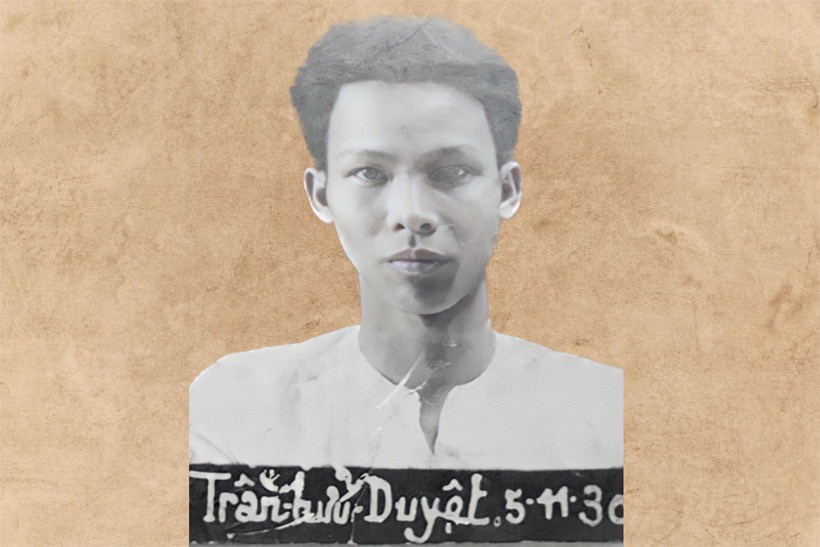
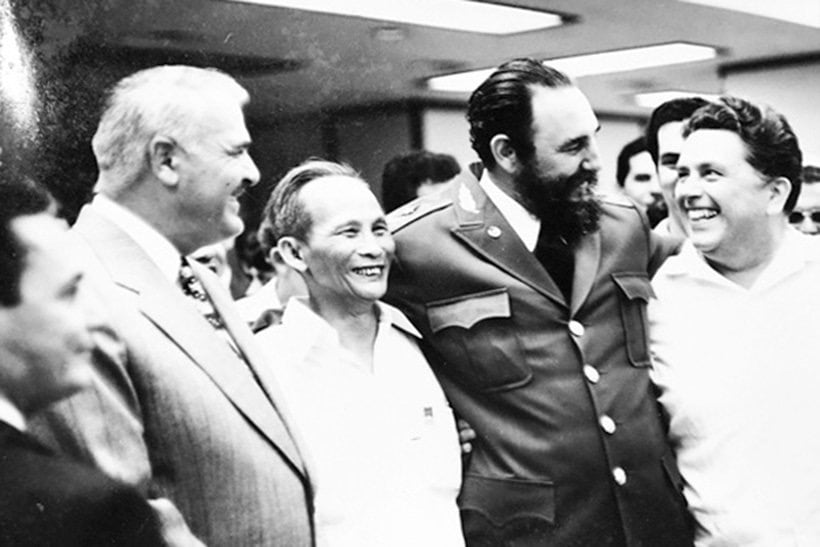






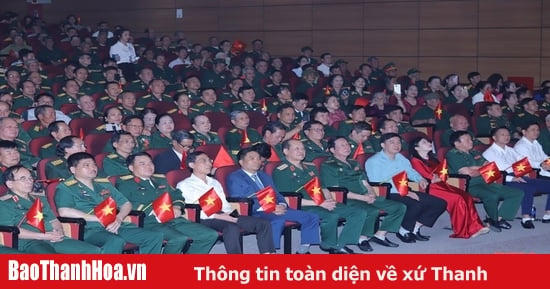
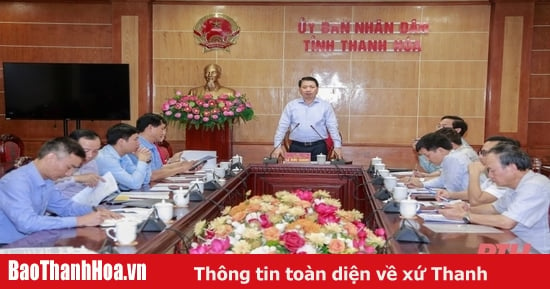

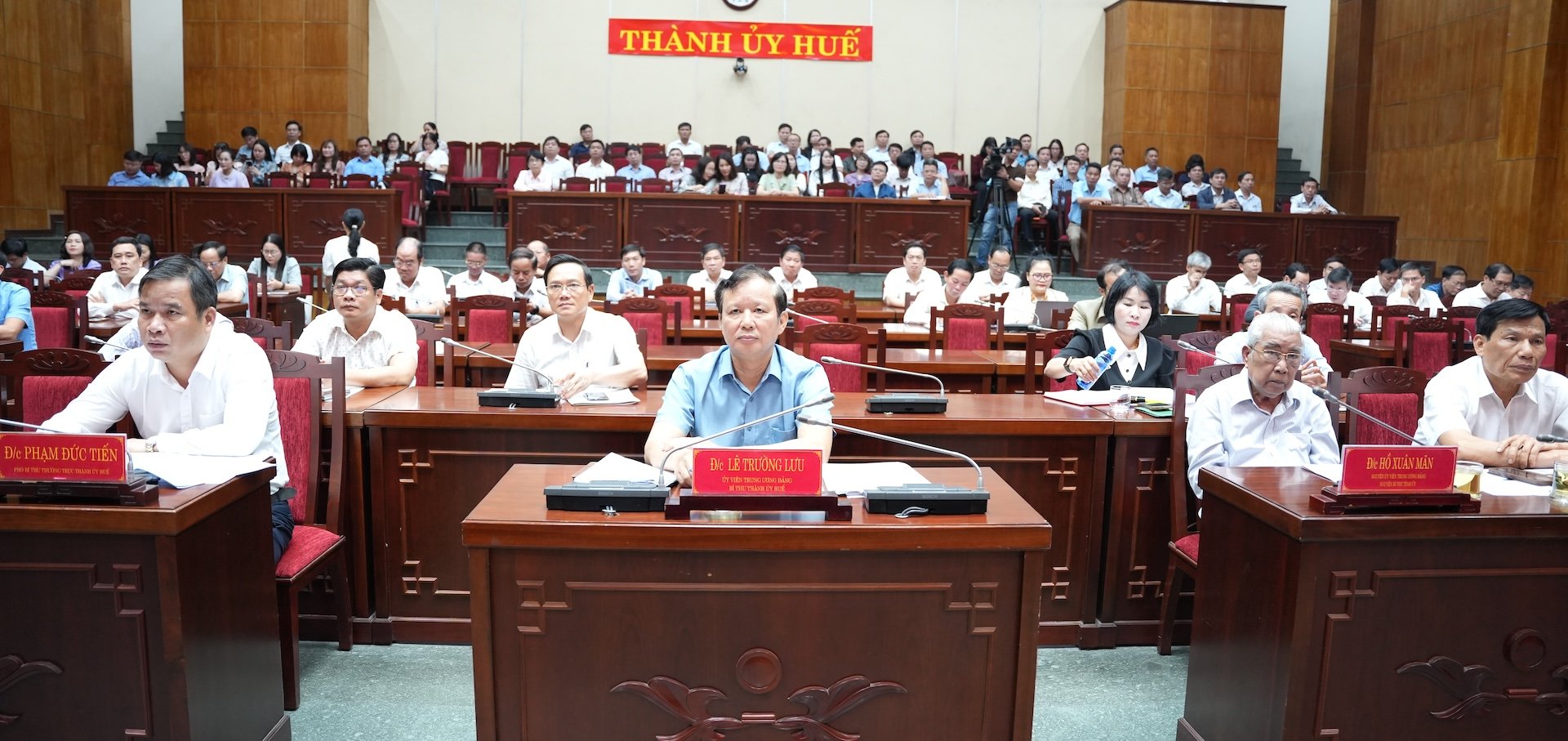

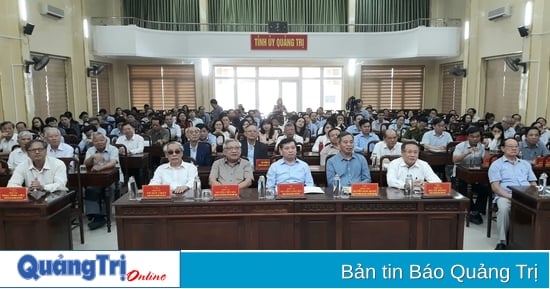

![[Update] - Thanh Hoa: 55 thousand delegates attended the conference to disseminate and implement the Resolution of the 11th Conference of the 13th Party Central Committee](https://vstatic.vietnam.vn/vietnam/resource/IMAGE/2025/4/16/f1c6083279f5439c9412180dda016c15)


















































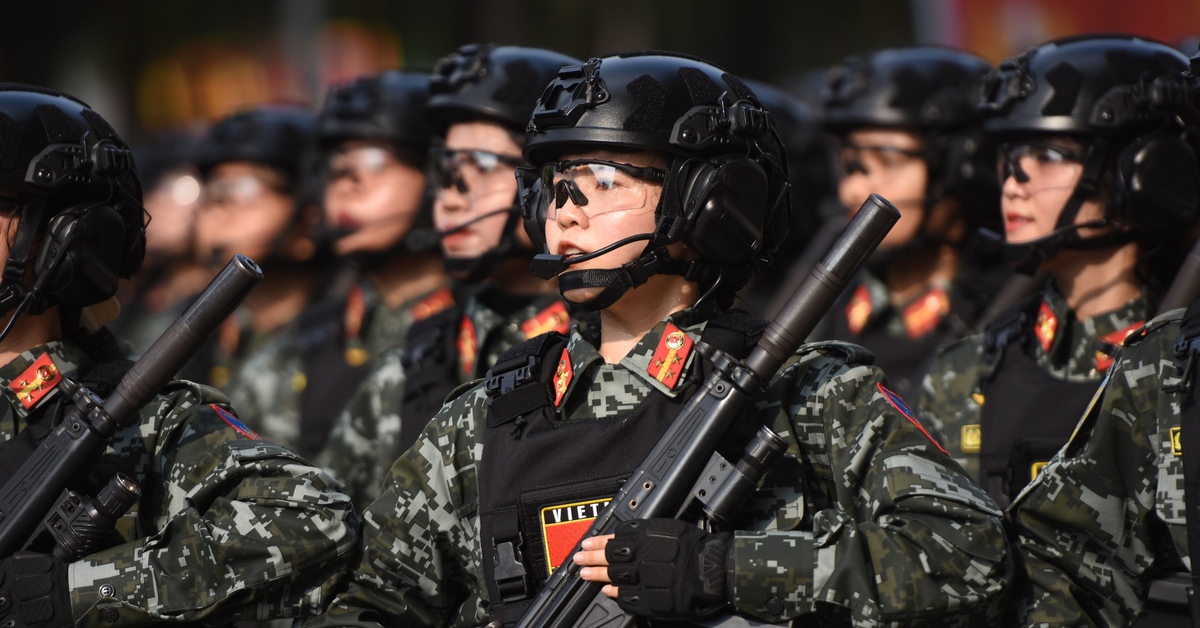







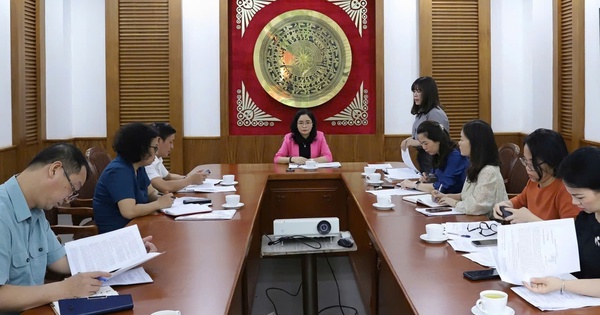
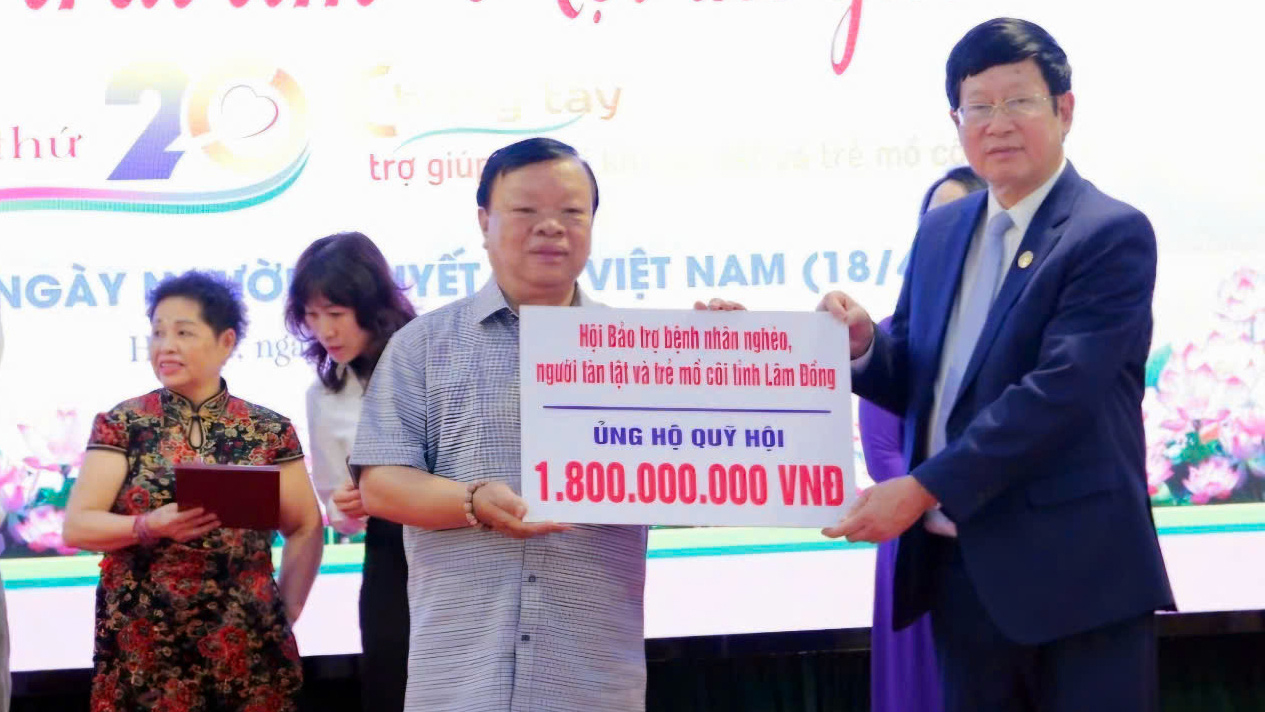
















Comment (0)